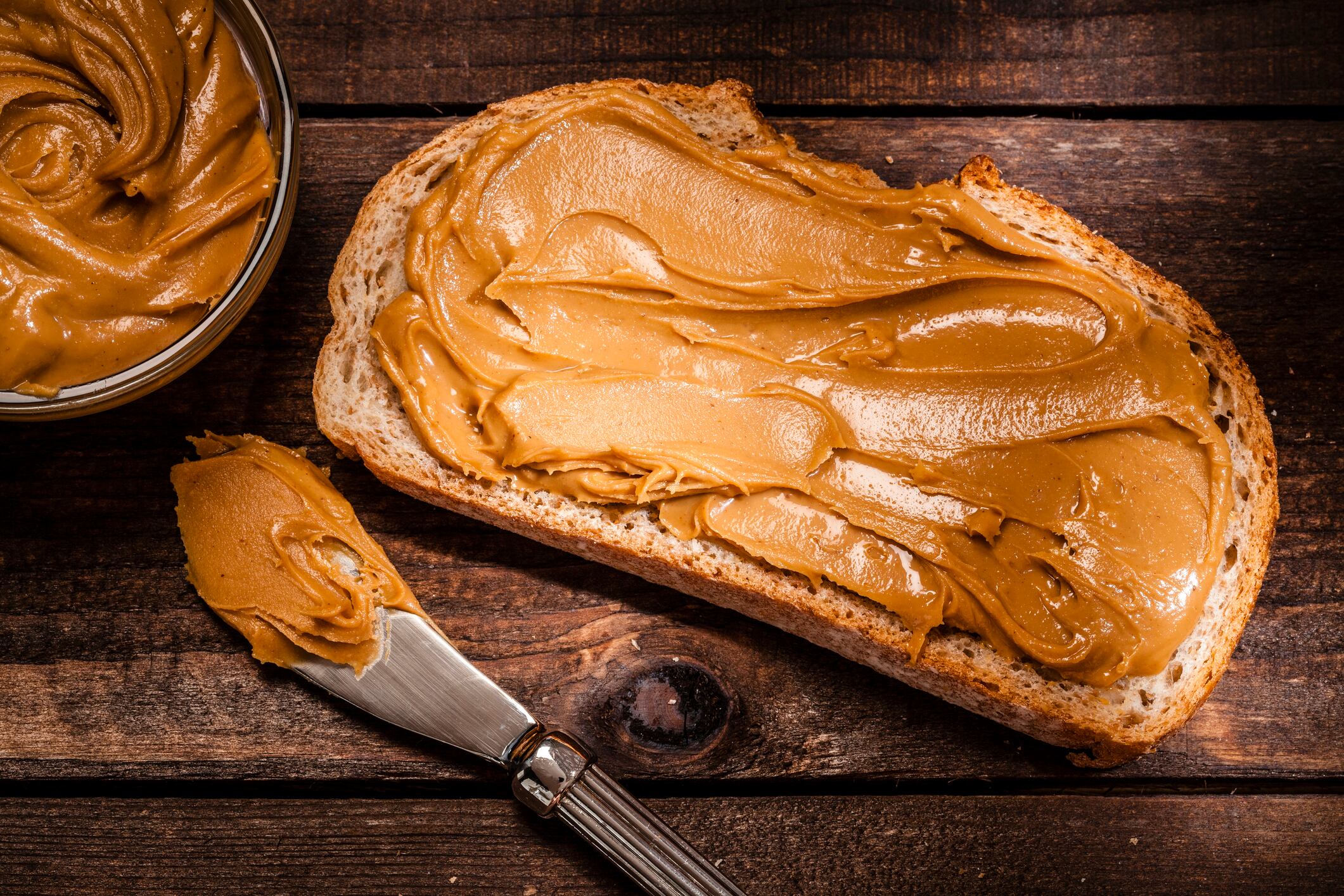It’s not often the food industry makes front-page news across the world. Today is one of those days.
The Lancet’s three-part series on ultra processed foods is unequivocal – UPFs are making consumers fat and sick. Mandatory regulation, marketing restrictions, differential taxation and limits on UPFs in public institutions are among the measures the authors say are now necessary to curb consumption worldwide.
It amounts to a PR crisis for the food system – and the ‘central eight’ firms highlighted in the report (Nestlé, PepsiCo, Unilever, Coca-Cola, Danone, Fomento Económico Mexicano, Mondelez and Kraft Heinz) have, in the main opted for silence. Instead, they are allowing industry bodies to defend the sector while they assess the risk.
Stepping into the breach, organisations such as FoodDrinkEurope have responded swiftly and forcefully, deploying four familiar UPF defences:
1) Not all UPFs are bad. Bread, beans and fortified cereals are repeatedly cited as cheap, nutritious, convenient – and technically ultra-processed under some definitions.
2) The Nova system is flawed. FoodDrinkEurope’s Sara Lamonaca argued that industry “has lost the plot” if a meaty pasta sauce or a vegetable preserve is labelled a UPF simply because one ingredient “lands them on a blacklist”.
3) Industry is already reformulating. The UK’s Food and Drink Federation’s chief scientific officer Kate Halliwell pointed out that reformulation has led to a third less salt and sugar and a quarter fewer calories on supermarket shelves than in 2015.
4) Over-simplification risks confusing consumers. Trade bodies insist nutrient profiles – not processing levels – should guide policy, warning that blanket UPF messaging could undermine confidence in many everyday foods.
Better-for-you SKUs
For now, these strategic shields buy CPGs time. With portfolios spanning everything from indulgent legacy brands to better-for-you SKUs, most multinationals face significant reputational exposure. A full-throated defence of UPFs risks undermining the credibility of their healthier lines – yet engaging critically with The Lancet risks validating its concerns.
But silence isn’t an option either. It risks deepening mistrust among consumers already unsettled by influencers such as Joe Wicks and a groundswell of anti-UPF sentiment on social platforms. Our exclusive industry research shows 39% of shoppers are already actively trying to avoid UPFs – a figure likely to rise in the wake of global headlines.
Hard to dismiss
The weight of evidence is also difficult to sidestep. Of the 104 prospective studies reviewed in the Series, 92 report links between UPF consumption and chronic disease. Combined with the credibility of the authors and the prestige of the Lancet, it makes this report unusually hard for industry to dismiss.
For years, clean-label reformulation and functional fortification have been the sector’s preferred response to health concerns. But with The Lancet now calling for a coordinated rethink on lobbying, taxation and labelling, it may take more than a handful of better-for-you SKUs to offset wider scrutiny of the sector.





